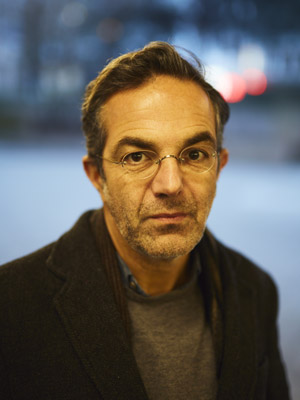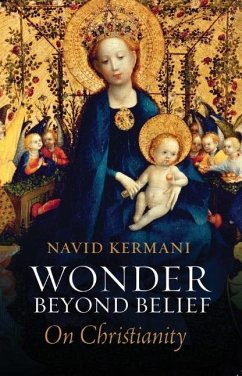
Everyone, Wherever You Are, Come One Step Closer
Questions about God
Übersetzung: Crawford, Tony

PAYBACK Punkte
13 °P sammeln!
'When your grandpa was in hospital, he asked me one night to promise him that, when he had gone from us, I would teach you Islam - our Islam: the Islam I grew up with ... In that dark, impersonal room, he was thinking of you.'This is why one father began to teach his daughter night after night not only about his own religion, but about that which unites all believers, about God and death, about love and the infinity that surrounds us. This highly personal book is not only a magical literary masterpiece, but also a rich resource of knowledge, and this because Navid Kermani dares to venture into...
'When your grandpa was in hospital, he asked me one night to promise him that, when he had gone from us, I would teach you Islam - our Islam: the Islam I grew up with ... In that dark, impersonal room, he was thinking of you.'
This is why one father began to teach his daughter night after night not only about his own religion, but about that which unites all believers, about God and death, about love and the infinity that surrounds us. This highly personal book is not only a magical literary masterpiece, but also a rich resource of knowledge, and this because Navid Kermani dares to venture into the darkness in order to give expression to our confusion. And because his way of talking, his openness, his knowledge which derives from his immersion in two cultures, are so unique, so light and so deep.
This is why one father began to teach his daughter night after night not only about his own religion, but about that which unites all believers, about God and death, about love and the infinity that surrounds us. This highly personal book is not only a magical literary masterpiece, but also a rich resource of knowledge, and this because Navid Kermani dares to venture into the darkness in order to give expression to our confusion. And because his way of talking, his openness, his knowledge which derives from his immersion in two cultures, are so unique, so light and so deep.














